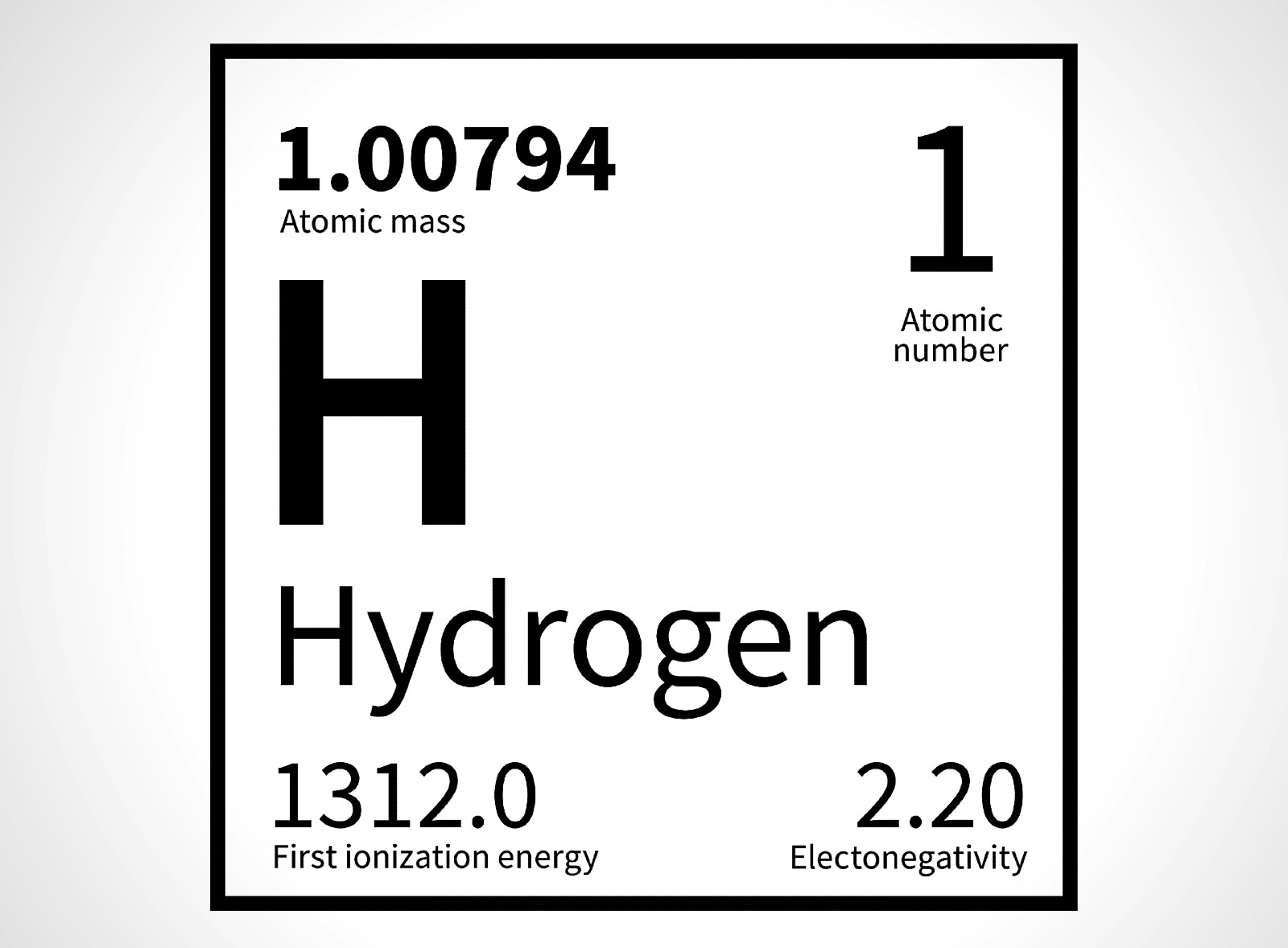Imagine routing all your traffic through a google server.
well the most used custom dns is 8.8.8.8
That wouldn’t be a problem if more clients supported ODoH. Then even Google wouldn’t know the domains you’re looking up.
Then again Google’s tracking libraries are everywhere so it’s not like they need a VPN or DNS to stalk you.
So third-party VPN apps should be able to provide a connection without a persistent notification now, right?
Right?deleted by creator
If they’re root, they already can. Like Google Play and other root/system apps that can install apps without the pop-up.
It is an obvious double measure but it’s been around for a long time, and it’s not too insecure or annoying unless manufacturers install malware as system apps and/or disallow locking the boatloader (they do, sadly).
If they’re root, they already can. Like Google Play and other root/system apps that can install apps without the pop-up.
Fun reminder that the Facebook system apps included on many phones can do that too. Look for system apps called “Facebook Bridge”, “Facebook stub”, “Facebook App Installer”, “Facebook App Manager” etc.
Don’t you mean: Meta app installer, meta app manager, meta services, etc.
That’s what I meant - if Google’s own stuff is allowed to run in the background then third-party stuff should be allowed too.
I would not like everything to run as root. But an option to root your phone without too much hassle and make any changes to app permissions would be great.
Fortunately, Pixel is easy to root these days with Magisk.
Well, kind of easy. Takes a little technical ability, but the documentation is solid.
system ≠ root. System applications can’t load kernel modules, only root can. That allows Facebook to do some nasty restriction bypassing, but it’s not as bad as it would be if it had root on your phone.
I know; it was just a simplified way of saying “preinstalled apps that have elevated access”.
I don’t understand the article. They either aren’t clearly explaining the issue or just heavily misinformed.
I have Google One and PIA. Both do the same thing, which is add a key to the top right of the screen. To me, that’s like a persistent notification.
PIA has never needed to use the actual persistent notification API. There’s no reason to. Persistent notification is for application that don’t want their UI Window to terminate when Android gets memory pressured, or when wanting to use a local service (eg: Location or Orientation) when not the main foreground application. I can kill the PIA Window (swipe up from recent apps) and the VPN is still running.
If Google One were able to activate VPN without changing my status bar, that’s a different story, and that’s not the case.
Edit: DNS66 as well
From what I understand, Google One had its own persistent notification (left side) when using the VPN as well as the normal key icon (right side). So now it just has the latter.
Nope. I have my Pixel 7 on Android 13 and my Pixel 8 on Android 14.
The only difference is when you activate on Android 13, you get notification it’s connecting and it’s connected. Neither are permanent, and I can dismiss them.
Android 14 has no notification and just shows you on the app it’s connected now (different UI).
It never had a persistent notification, so I’d reason the author was misinformed or misunderstood the change when somebody told them.
a persistent notification is no longer required. A key icon in the status bar is the only indication you get that the VPN is enabled
You still get the key icon. Is the fuss that it now takes more screen taps to reach the on/off, rather than just using the persistent notification?
The fuss is that 3rd party apps need a persistent notification to stay alive. But, because Google owns pixels, it can skip that step and be less intrusive/visible, which others can not.
deleted by creator
Unfortunately, that will mean your app can be killed on many smartphones from device makers like xiaomi, Oppo, and huawei, which have aggressive battery optimization. I had this issue on a redmi device where background apps would be killed unless a permanent notification was present.
The WireGuard and tailscale apps work great for me without a persistent notification.
I haven’t tried wireguard. But, I should give them a try and see how it goes in samsung.
deleted by creator
The ranking may make it sound like samsung is the worst. But that’s not been the case since android 12. I do not have app reload or app killing issues on this one and find it much better than what I used to experience on miui.
deleted by creator
I published an app on the play store that purely relies on a persistent notification + wakelocks to keep the screen active (since the whole point of the app is to keep the screen awake) - Samsung was definitely the worst when it comes to this for my app, as I would receive endless support emails about people with Samsung devices where it would get killed, even when disabling battery optimization for my app. The other manufacturers listed there came up every now and then, but disabling battery optimization generally did the trick for them.
With there being nothing that I could do for my app, I tried disabling compatibility in the play store for a ton of Samsung models, but then I got even more emails about people wondering why it wasn’t available anymore so I re-enabled it, but to this day there’s still (AFAIK) zero things I can do to prevent the app from getting killed on those devices.
What app is that? I only notice app reload issues when I max my ram usage playing heavy games or running apps that require maximum ram.
That is for applications that need access to a LOCAL_SERVICE while not in foreground. That’s like Geolocation or screen orientation. VPN is not one of those. You can kill the foreground application from the recent apps by sliding up.
No real VPN app needs to have an application window and a background service (same thread) running to provide a VPN. If it does, it is doing something else not related to VPN.
If you want to add a pause button, applications can add custom tiles.
Cite your sources because that’s not how persistent notification works. PIA doesn’t need it. It sounds like a poorly written app.
Edit: DNS66 as well.
My phone (Android 13, crDroid) doesn’t have any kind of persistent notification. Just the key icon and the optional toggle in the notification toggles. I double checked my Wireguard notification settings, the app doesn’t even have any notification channels to toggle.
Clearly, VPNs can be built without notifications, at least on modern Android. I don’t know why alternatives are showing these notifications, but I’m guessing they’re doing a lot more than just “route this packet through this tunnel”.
I checked playstore reviews of wireguard, and people are complaining that wireguard stops working after a while. Which makes me think. For wider compatibility and persistent background tasks, you do need one to stay alive.
Because (from what I’ve read) battery optimization may still kill them, depending on the phone.
Perhaps, but this article is specifically about the Pixel which, to my knowledge, doesn’t have a task killer as aggressive as some other vendors have. The closer you come to Google/AOSP Android, the lower the probability that your tasks will get killed at random is my experience.
Lol that’s like saying worlds biggest virus creator which makes him billions of dollars now also providing anti virus for free.
Exactly lmao. I don’t trust Google with shit, so I’m still going to install GrapheneOS and Mullvad as soon as I get the 8.
I second Graphene and Mullvad.
As a Pixel owner, how much do you lose in terms of the pixel-exclusive software when using graphene?
Critically you lose financial apps and gpay nfc
That’s wild to give that up. I never carry my actual cards anymore for convenience and security. Plus Google Pay gives the retailer a virtual card number, keeping your real one safe.
Not to mention it’s safer to bank on a phone vs computer, as you’re less likely to have a virus or Keylogger since everything is containerized.
Also, some apps and sites do not work from mullvad vpn. I know that Redcard and some parts of Ally are restricted.
As much or as little as you like, as Graphene uses a sandbox for Google Play Services. It’s up to the user, some have more or less degoogled completely (like myself), and others use the same apps they did on stock Android, but with harsher permissions.
I’ve not found any real difficulty getting away from the apps I used to use, as there are FOSS alternatives for almost all of them that imo, work much better and require far less personal data (two I use on a daily basis are a NewPipe fork with Sponsorblock functionality, and InnerTune, which has completely replaced Spotify for me.) I do still use Google Maps, albeit with all permissions other than network restricted (as I don’t use real time navigation, and have yet to find an alternative that matches it for business detail accuracy, street view and ease of use.) I also still use Google Camera, albeit without any network or other nonessential permissions.
So basically, Graphene can be used the same way as stock Android. It just gives you options and control over your device and digital privacy. GrapheneOS is first and foremost about device security, and is the best custom OS out there in its field.
I do still use Google Maps, albeit with all permissions other than network restricted (as I don’t use real time navigation, and have yet to find an alternative that matches it for business detail accuracy, street view and ease of use.)
Check out GMaps WV from F-droid, it’s the web version of Maps wrapped in a webview. It can’t do navigation (because Google won’t let it) but you said you don’t need that. It doesn’t need any Google-specific support on the phone, just a working webview.
Please note that, just like on the Maps website, you’ll get a nag screen to accept their cookies and they’ll show it each time you open the app if you reject cookies or close the screen, until you either accept or live with it. But the cookies will be restricted to that webview so the most they can do is track how you use the Maps website.
Persistent notification is one of the best parts about using an always on VPN. You can check the status really quickly
Weird, my Pixel 6a currently doesn’t have a persistent notification when I use Proton. Is this a GrapheneOS thing? Just curious.
Have you enabled notifications for it? I use Proton with GrapheneOS. I keep the ProtonChannel notifications disabled normally as I don’t need to see it. Enabling it, I see the persistent notification as expected.
I am on pixel 6a and using third party vpn. there is no persistent notification. only key icon. I don’t see the issue here.










